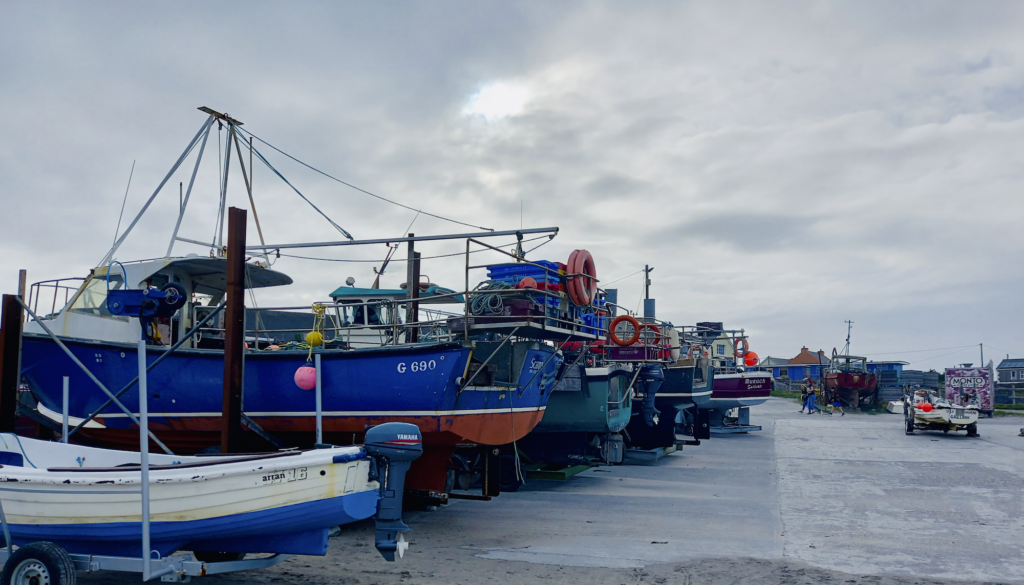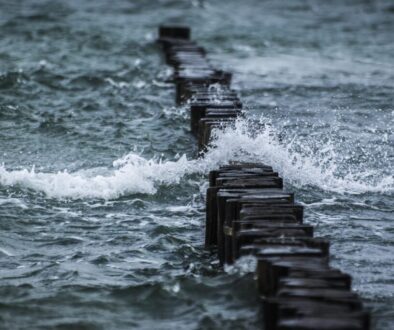Članak je izvorno objavljen u Marine Timesu u Irskoj početkom studenog 2023.
Članica LIFE platforme, Organizacija za morske resurse irskih otoka (IIMRO), izrazila je značajnu zabrinutost zbog DMAP-a za obnovljivu energiju južne obale u javnoj raspravi održanoj ovog mjeseca. U podnesku Ministarstvu okoliša, klime i komunikacija (DECC), IIMRO je iznio niz problema s trenutnim procesom razvoja obnovljive energije na moru i njegovim potencijalnim značajnim utjecajima na otočne i obalne zajednice.
Nedostatak informacija o opsegu predloženih novih energetskih postrojenja, vrlo stvaran potencijal za istiskivanje ribarstva, kao i nepoznati utjecaji na morski okoliš, glavni su među izraženim zabrinutostima. Nedostatak specifičnih podataka o njihovom opsegu, dizajnu i lokacijama povezane infrastrukture i dalje je značajan uzrok nelagode.
Sigurnost posjeda i priznavanje običajnih prava za malo ribarstvo ključni su za upravljanje ribarstvom i upravljanje resursima, a naglašeni su i u Dobrovoljnim smjernicama FAO-a za osiguravanje održivog malog ribarstva, uključujući: „Države bi, u skladu sa svojim zakonodavstvom, trebale osigurati da mali ribari, ribarski radnici i njihove zajednice imaju sigurna, pravedna i društveno i kulturno primjerena prava posjeda na ribolovne resurse (morske i kopnene) i područja malog ribolova te susjedno zemljište, s posebnom pažnjom posvećenom ženama u pogledu prava posjeda.“ Ovo priznavanje posjeda trenutno nedostaje u trenutnim raspravama i potrebno ga je prioritetno riješiti.
IIMRO je ponovno istaknuo raznolikost ribarske zajednice; od malih tradicionalnih plovila s jednom posadom, koja sezonski love blizu obale, do velikih industrijskih oceanskih plovila koja love preko međunarodnih granica te potrebu da upravljačke strukture prepoznaju i prilagode tu raznolikost.
Plovila 86% u Irskoj su mala; plovila ispod 12 metara koja uzdržavaju obitelji duž obale. Ovaj izuzetno važan segment flote ujedno je i najmanje vidljiv, s malim brodovima koji nemaju VMS ili AIS odašiljače. To je dovelo do značajnih nedostataka u podacima o tome koji se modeli ribolovnih aktivnosti razvijaju i na kojima se temelje odluke o lokacijama instalacije. Irska se mora pomaknuti dalje od svijesti o nedostatku ovih bitnih informacija, te pružiti rješenja koja su praktična i korisna za ribare.
Zabrinutost IIMRO-a odražava šire raspoloženje među dionicima u morskom području o brzom razvoju obnovljivih izvora energije na moru bez odgovarajućih modela upravljanja i vlasništva. Nadamo se da će ove konstruktivne preporuke biti u prvom planu energetske politike i provedbe. Podnesak IIMRO-a bit će dostupan na web stranici DECC-a u dogledno vrijeme.




